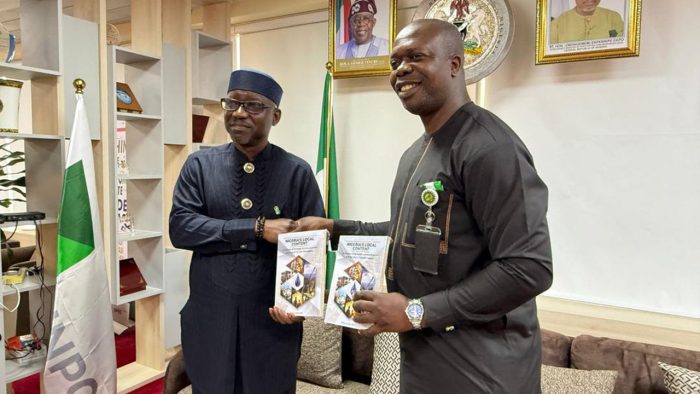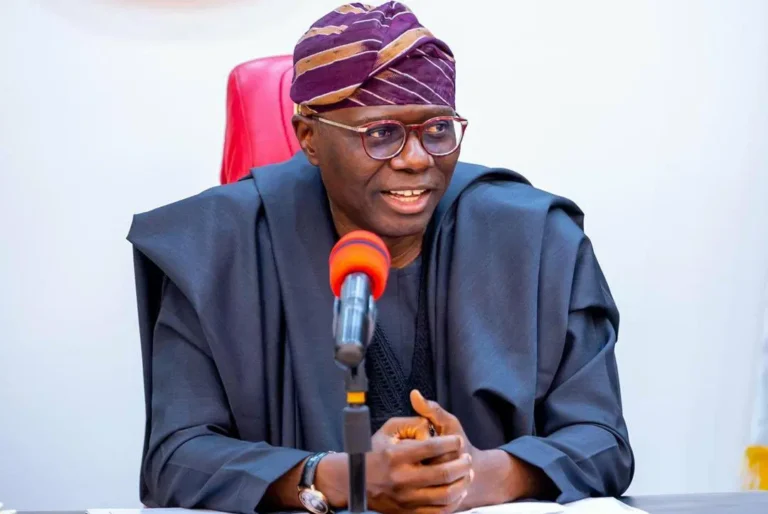
African countries would need over $245 billion in fresh investments to harness the vast gas deposits for the provision of gas infrastructures across the African continent
This is as the $25 billion Nigeria-Morocco Gas Pipeline (NMGP) project progresses with plans by the 13 countries within the territory to sign an Inter-Governmental Agreement (IGA) for cross-border cooperation by this month.
Director general of the National Office of Hydrocarbons and Mines (ONHYM) – Morocco, Amina Benkhadra made these known yesterday in her virtual presentation: “Building Strategic Partnership,” at the inaugural Africa Gas Innovation Summit (AGIS) 2024 in Abuja.
The summit’s Theme is: “Igniting the Future: Driving Sustainability in Africa’s Energy Landscape through Gas Technology and Innovation.”
Benkhadra said the construction of gas pipelines, gas terminals and gas processing plants presents huge opportunities for investors, about $100 billion investments are also needed annually to meet electricity demand on the continent by 2030, noting that the total investment required by the year 2050 could reach $3 trillion.
“And to unlock Africa’s energy future, we will need to develop major infrastructure projects but also at the level of nations and local projects. So we have to raise the ambitions of Africa’s energy strategy to increase the power generation capacity, to deepen the reforms of our energy governance, to encourage public partnership, private partnership investment, mobilise those international investments that we have seen just before and contribute to development through technology and innovation approaches”, she added.
Giving a progress report of the NMGP, Benkhadra said Morocco would continue to work with Nigeria and other African countries to ensure the delivery of the Nigeria-Morocco Atlantic Gas Pipeline project estimated to cost over $25 billion.
“Intergovernmental agreement drafted for IGA between all 13 countries to be signed in Q2 2024.”
The 13 concerned countries are Nigeria, Benin, Togo, Ghana, Côte d’Ivoire, Liberia , Sierra Leone, Guinea, Guinea Bissau, Gambia, Senegal, Mauritania, and Morocco.
Following the project timeline, she also said “All surveys awarded to well deserved known contractors, expected to start in late 2024.”
Recall that 30 per cent of the project equity is funded by primary stakeholders ONHYM and the Nigerian National Petroleum Company Limited (NNPCL) while 70 per cent is from debt through various investment channels.
Speaking earlier, the minister of state Petroleum Resources (Gas), Ekperikpe Ekpo said the government would continue to provide the enabling environment for private sector investments in the gas industry.
Ekpo, who was represented by the permanent secretary in the ministry, Nicholas Agbo noted that “by embracing gas technology and innovation, shaping effective policy frameworks, unlocking financing avenues, nurturing capacity building, and cultivating entrepreneurship, we can ignite the future and drive sustainability in Africa’s energy landscape.
He said that as Africa navigates the complexities of the 21st century, the need for a sustainable energy landscape becomes ever more pressing.
Ekpo also noted that with its abundant natural gas resources, Nigeria stands at a pivotal juncture and she must play a leading role in that.
He said the continent has the opportunity to leverage these resources not only to meet the energy needs but also to drive sustainable development.
The minister said the transition to a sustainable energy future demands that everyone embraces innovative technologies and practices that minimise environmental impact while maximising efficiency and productivity.
He said this entails investing in cutting-edge research, promoting the deployment of advanced gas technologies, and encouraging the adoption of best practices across the industry.
“As we embark on this journey, let us be guided by a shared vision of progress, inclusivity, and sustainability. Together, we can transform Africa’s gas sector into a beacon of innovation and a cornerstone of sustainable development”.
On his part, the group CEO, NNPC Limited, Mele Kyari said NNPC has in the past few years ramped up investment in the gas sector to ensure improved supply and utilisation.
Represented by the executive vice president, Gas, Power and New Energies, Olalekan Ogunleye, Kyari said has made major investments in floating LNG and gas pipeline projects.
“Indeed, we are currently participating in three mini LNG projects slated for ground breaking this August. NNPC is also currently leading the federal government’s auto-gas initiative. Aside from the recent commissioning of the 5.2mscf per-day Ilasamaja mother-station CNG plant, the GCEO of NNPC recently announced plans to take FID (final investment decision) within this year and roll out six additional CNG mother-station plants with similar capacity”, he added.
Earlier in his welcome address, the chairman, SPE Nigeria Council, Salahudeen Tahir observed that Africa’s energy landscape is at a critical juncture, with the imperative need for sustainable solutions.
Tahir explained that “top most challenges in our industry are financing, technological and skills gap, high costs of oil and gas production, infrastructure challenges, global push for transition to cleaner energy as well as security issues. There is no gainsaying ladies and gentlemen that Africa needs to urgently innovate for the benefit of our industry, our respective economies and our citizenry”.
SOURCE: LEADERSHIP




